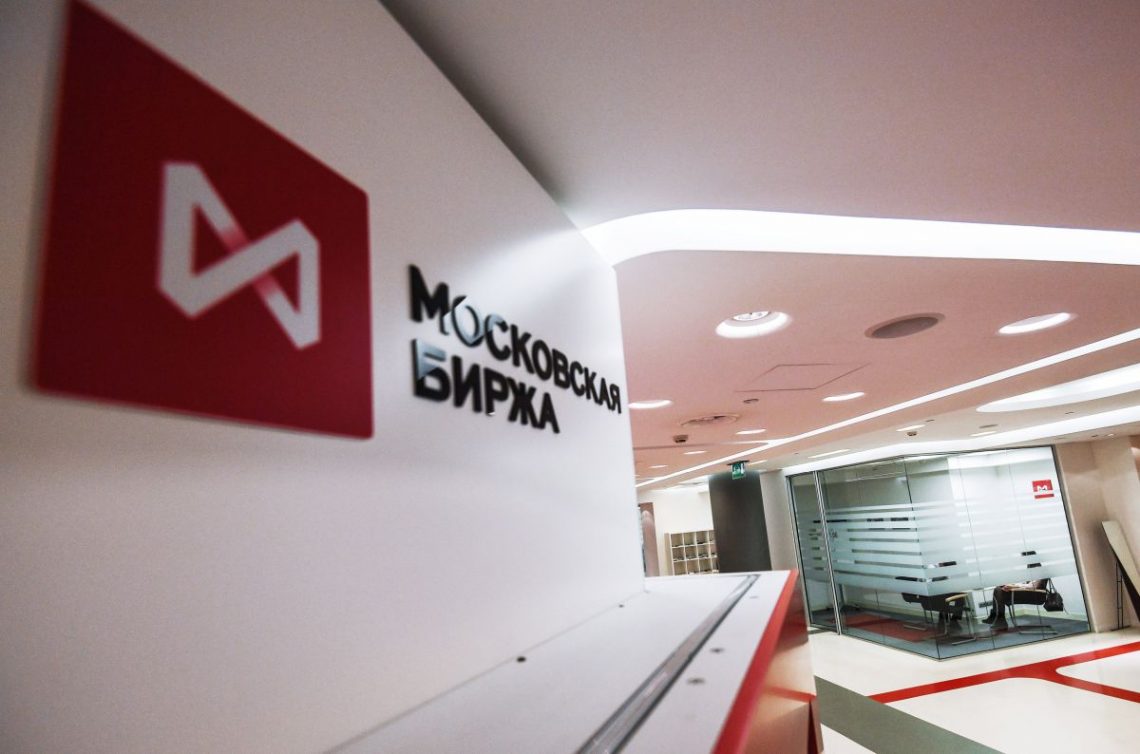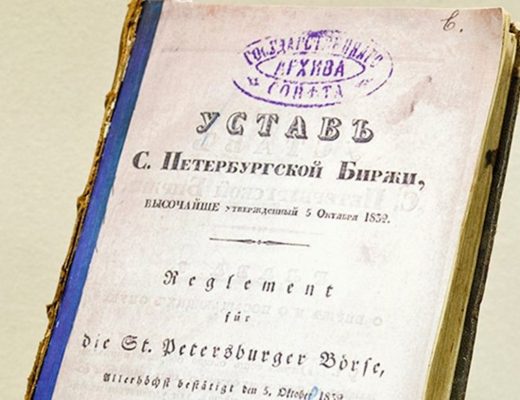Dividends for 2019: position of the Central Bank, the Ministry of Finance and the Moscow City Council
The Moscow Stock Exchange intends to pay dividends for 2019 on the previously specified dates. Their size was determined by the Supervisory Board. The final decision from the trading floor will come after the shareholders meeting. This intention runs counter to the recommendations made by the Central Bank of Russia before that.
In April, the country’s main regulator advised financial institutions to pay out dividends for the previous year only if there is a capital stock. Taking into account the medium-term perspective, the reserve funds should be sufficient to ensure the normal functioning of the organization.
Representatives of the Moscow Exchange argue the decision on payment of dividends by that they have the necessary quantity of the capital. At the same time, they took into account the worst scenarios of closing the trading floor before the end of the year, and still the exchange has enough capital to support working processes and core staff. Therefore, the institution sees no obstacle to stop the payment of dividends and undermine the trust of those who rely on the money. The last word remains with the shareholders, who must vote for this intention at the meeting.
In March, the Supervisory Board of the trading platform announced plans to allocate 18.1 billion rubles for dividends. This amount is 89% of the IFRS profit.

Disputes over dividends have been going on for some time now. It all started when the Ministry of Finance announced that all companies and banks with state stakes should pay out these liabilities, spending 50% of their profits under IFRS. However, the Central Bank did not agree with this categorical position. It was noted here that state companies cannot fully comply with the formal budget plan and the payment should be considered on a case-by-case basis. When deciding to allocate funds for dividends, institutions should take into account development strategy, capital and prospects. In some cases, less investment is required, while in others it is more than the specified level, so it would be wrong to speak about 50% of the profit. The best option would be if the bank selected its own dividend policy, which is not detrimental to its functionality.
To this statement from the Central Bank, the Ministry of Finance said that state companies are obliged not only to pay dividends in the amount of at least half of the profit, but these funds should be repaid even if the institution suffers losses. In this case, the capital should be taken from the undistributed profit, which was received in previous years.
The view of the Ministry of Finance is explained by the risk to the budget, which may decrease by about 204 billion rubles of dividends, although 380 billion rubles were pledged.










